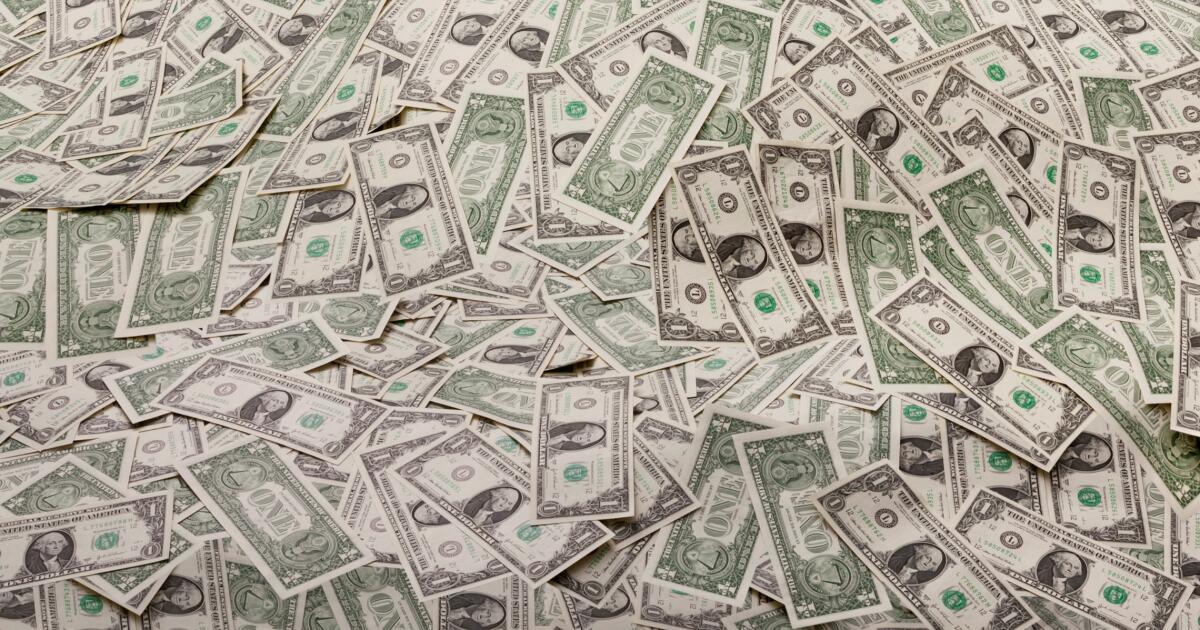Blues Man
Diamond Member
- Aug 28, 2016
- 35,513
- 14,901
- 1,530
I don't agree with the Biden tax but if it passes and that's a big IF unless a retiree is making over a million a year in retirement he won't pay that high rate.Capital gains taxes do hit the wealthiest people...but also are a target on the retired people...
Since Social Security is going broke...let's just crush them old people some more.



